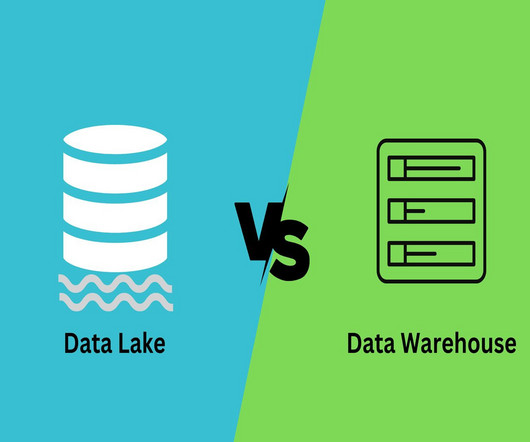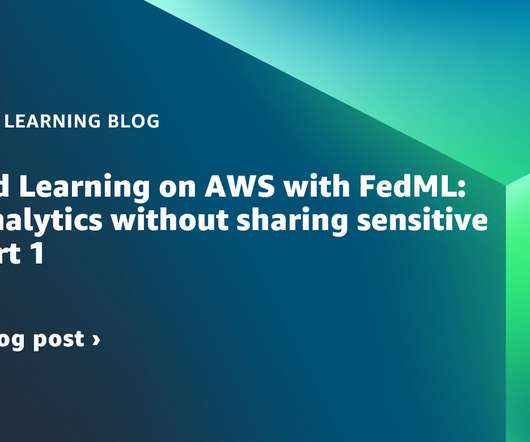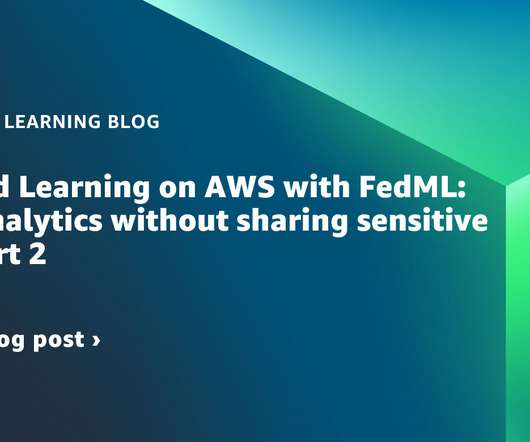Exploring the fundamentals of online transaction processing databases
Dataconomy
APRIL 27, 2023
What is an online transaction processing database (OLTP)? OLTP is the backbone of modern data processing, a critical component in managing large volumes of transactions quickly and efficiently. This approach allows businesses to efficiently manage large amounts of data and leverage it to their advantage in a highly competitive market.












Let's personalize your content